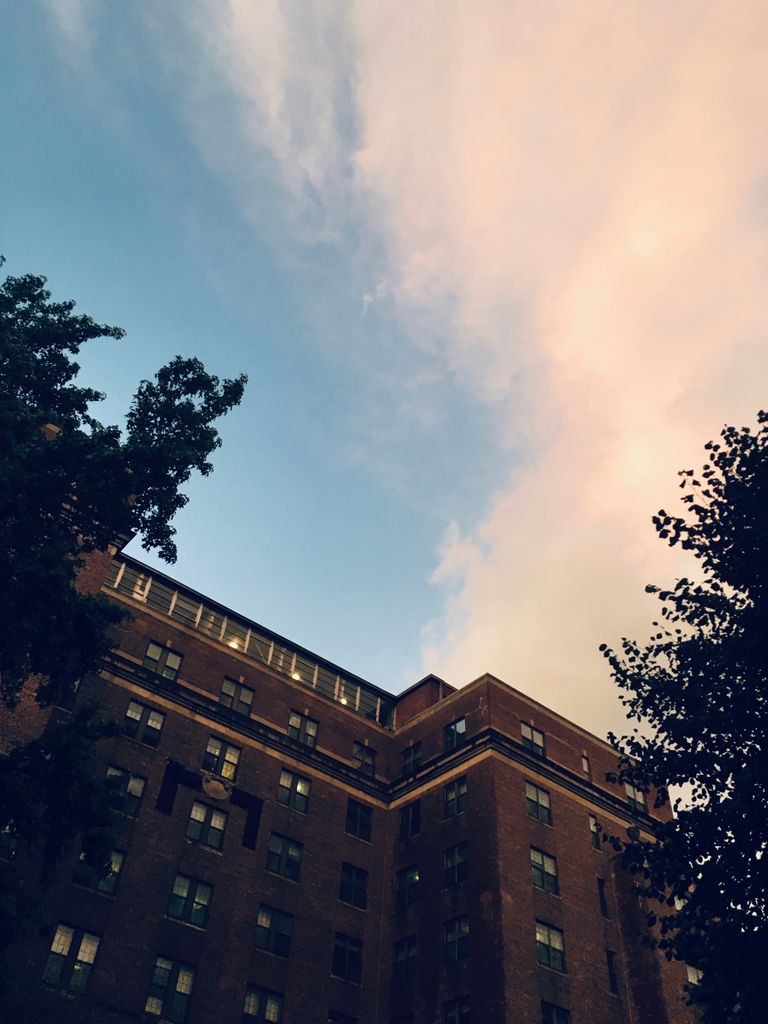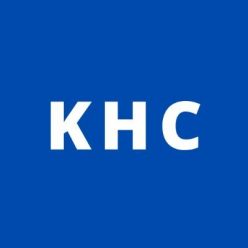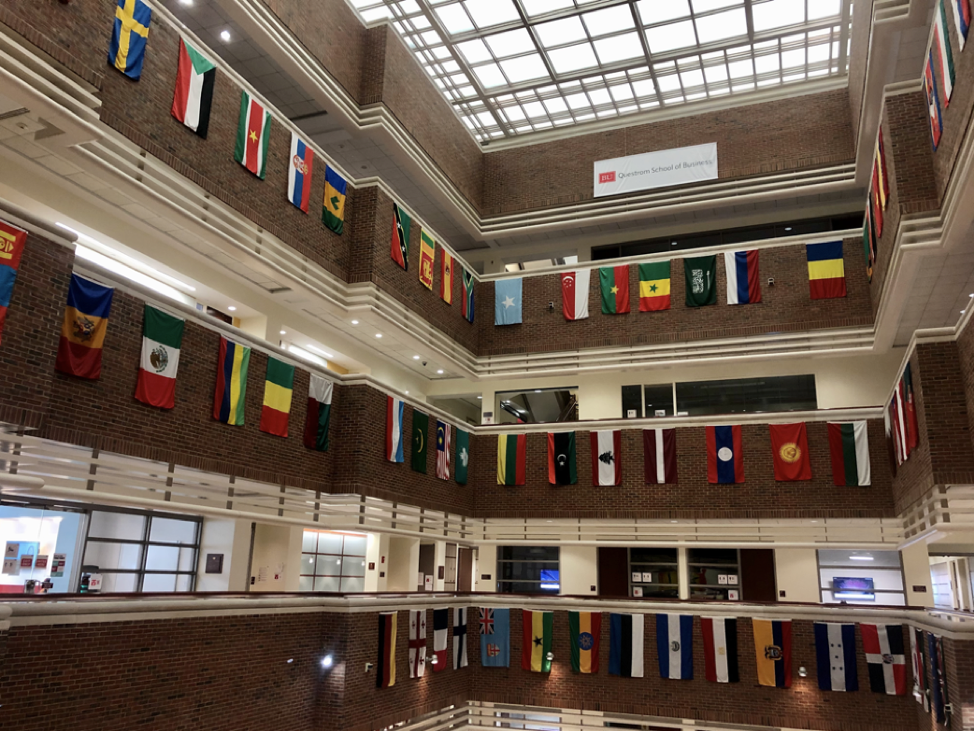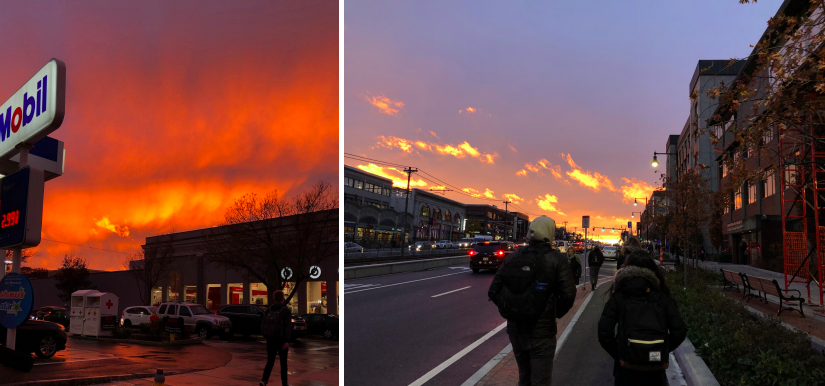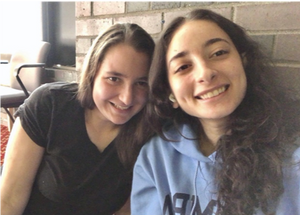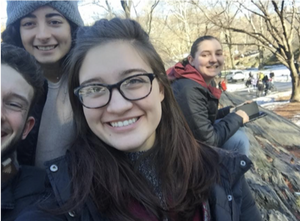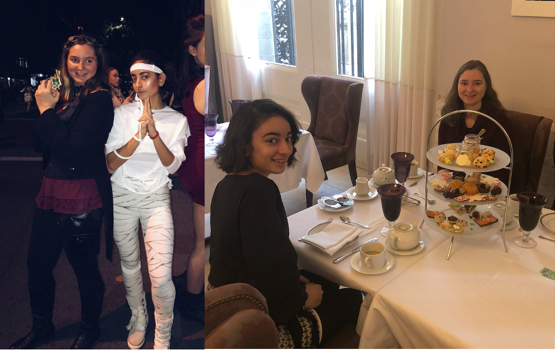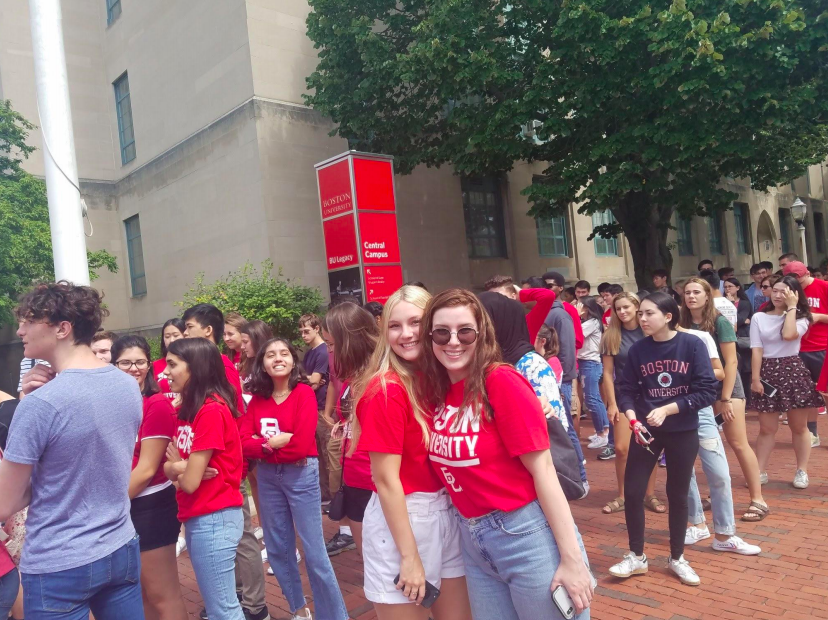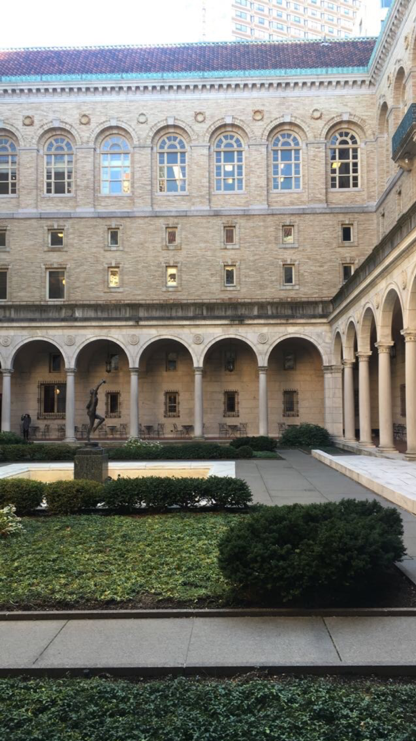By Jan Bhatt (CAS’23) and Michelle Roos (CAS’23)
Hey y’all!!
My name is Jan, and I am an English major on the Pre-Law track! I’m going to talk about my experience with freshman KHC courses as a humanities major, and my friend+roommate Michelle is going to touch upon her experiences as a STEM major. Please please please feel free to reach out to either of us if you have any questions or want to chat!
During my first semester, I signed up for a KHC seminar course called Global Shakespeares: Text, Culture, Appropriation. This was designed like an English course, which as an English major I thoroughly enjoyed. However, for the second semester, my advisor (go Eric!) suggested that I sign up for a course that is different from my major, and I signed up for a chemistry seminar called The Material World. This is the course that I’m going to elaborate on because it was very helpful, not only because it helped with HUB requirements, but also because I was able to learn and retain very important information revolving around climate change and resource depletion. I still remember the few cases that we studied in that class, and I love bringing them up when talking about accountability of large corporations. It was taught by Professor Linda Doerrer, who is a very fun, easy going and interesting professor. I enjoyed speaking with her and learning from her, especially due to her ability to simplify advanced concepts of chemistry. I am very grateful for the two Studio courses as well, because it enabled us to converse about the ongoing global humanitarian issues like immigration, racism, etc. It gave me a platform to participate in regulated, academic conversations about issues that are relevant to the current socio-political climate. I took both studios with Dr. Amanda Fish, who is absolutely wonderful, and is willing to be helpful to the best of her ability. The work-load seemed like a lot to me in the beginning, but that is mostly because I am a massive procrastinator and left the assignments to the last minute. I eventually got the hang of time management and not leaving most of my work to the last minute and it helped me a lot! So that would be a portion of my piece of advice: time management, and communication. Reach out to your professors if you are confused about the assignment, if you need an extension, or if you need extra help! Nine times out of ten, the professors are more than willing to accommodate and help you out! To summarize, my experience with first year KHC courses, minus some hiccups (mostly caused due to my personal shortcomings), was overall incredibly positive and rewarding!
Hi! I’m Michelle, a neuroscience major and chemistry minor in KHC. In the fall of my freshman year, I took the same Shakespeare seminar as Jan, where we were given the opportunity to read and analyze a wide range of adaptations of Shakespeare’s classic works. Last spring, I selected another first-year seminar entitled “Whose Schools: Power, Equality, and Public Education”. In this class, I found it insightful to learn not only of the inequalities in Boston Public Schools, but also how the education system ties into larger, systemic, socio-economic issues. In addition to these seminars, I also completed two semesters of Studio during my first year at KHC. I liked how most of the writing assignments for this class were relatively open-ended, with the opportunity to construct a research paper on any topic given in the second semester. I chose to write about the treatment of individuals with psychiatric and neurodegenerative disorders under the U.S. healthcare and criminal justice systems; this paper is only one example of how a KHC class enabled me to consider the information relevant to courses in my major under a new light.
I am grateful to KHC and the academic advising I have received (shoutout to Amanda!) for encouraging me to take interesting classes that I would not have otherwise taken. These classes have allowed me to expand my interests and gain an interdisciplinary perspective of many of the world’s most challenging dilemmas. As a STEM major, I often find it more comfortable to stick to hardcore science courses than to grapple with the tough questions that are presented in KHC classes. Nevertheless, there is something especially rewarding about completing a difficult paper or engaging in a class discussion that I do not experience in my STEM classes. By forcing me out of my comfort zone, I believe that the courses that I have taken and will take in the future in KHC will allow me to emerge from college as a more well-rounded individual who is (hopefully) more prepared for graduate school.
